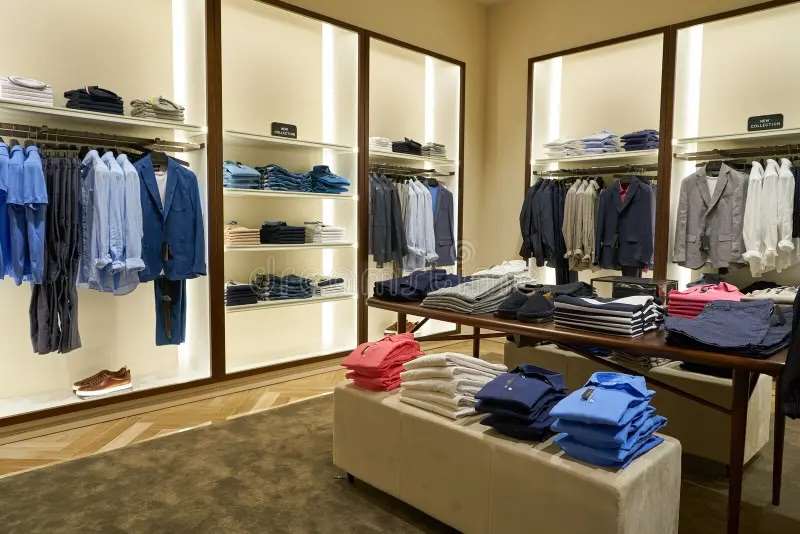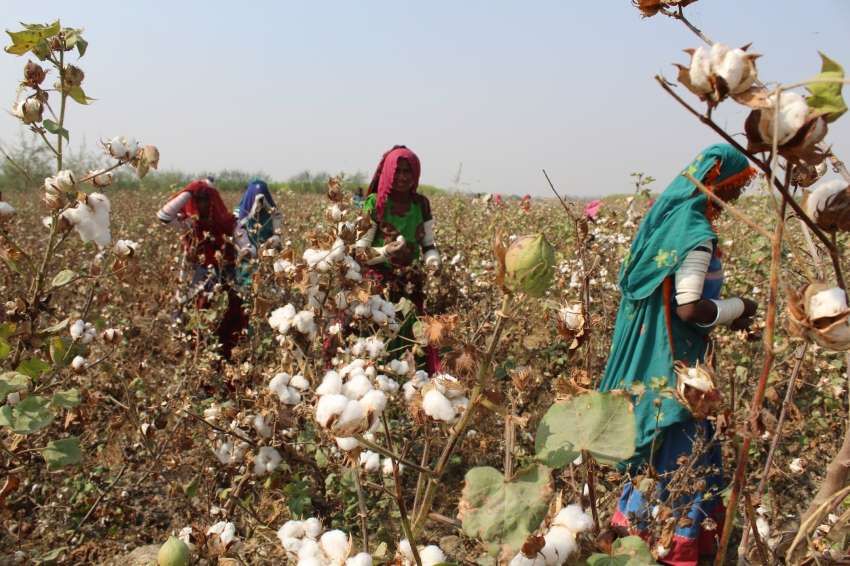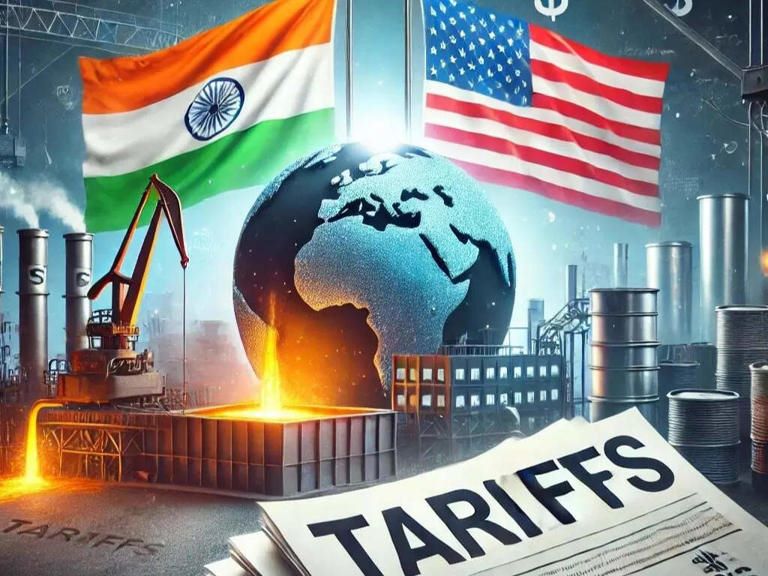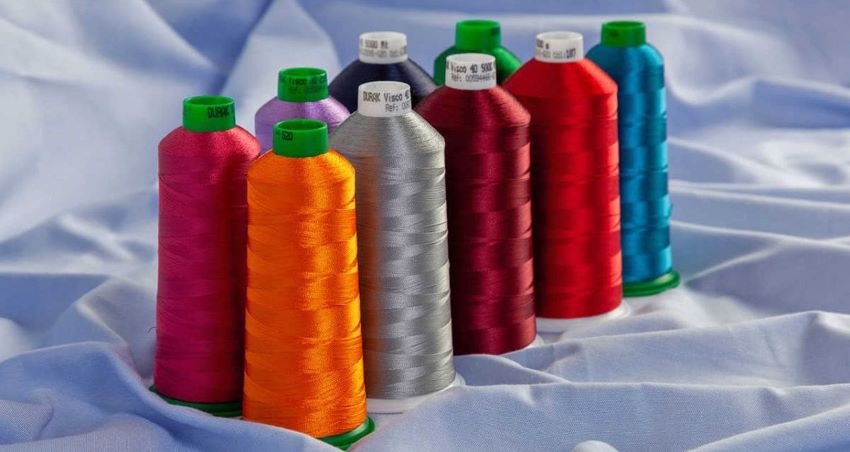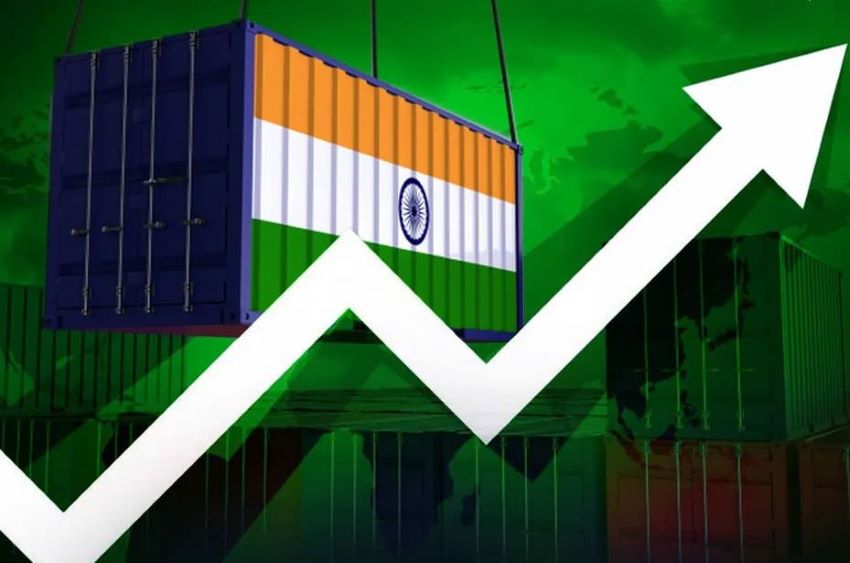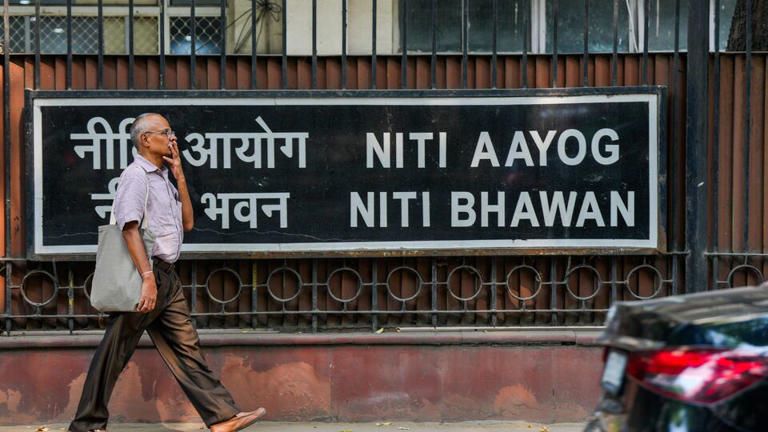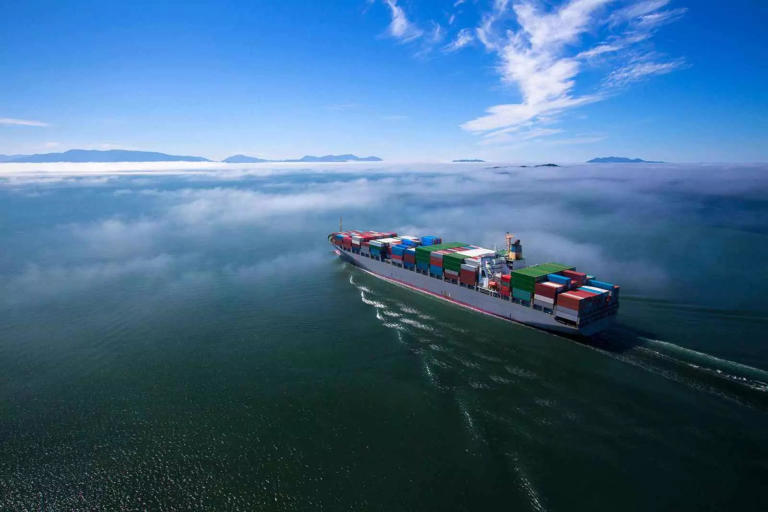FW
The textile industry in Pakistan has welcomed the reduction in interest rates. Mill owners say this is a positive and business-friendly measure which would help industrial productivity, business turnover and exports of the country.
Interest rate has been lowered by 100 basis points from 8 to 7 per cent. The intention is to further lower it to 6.50 per cent. This step would enable the business and industry to obtain essential investment capital at cheaper rates and would also cut down the cost of production in the country.
Representatives of the textile industry say the Pakistani interest rate should eventually be brought down to zero per cent. This would enable industry and business to make investments by obtaining working capital which bears no interest. It would ultimately help investors set up new industries, import the latest machinery, increase productivity and the volume of business and trade turnover. The rate cut would also reduce the inflationary rate in the country, will have a trickle down effect on other sectors of the economy as well which will ultimately provide relief to the common man and the low income sectors of the country. Further, essential food items and daily use items would also be positively influenced and become easily available for the people.
New Zealand, Australia and some European countries have brought down the interest rate drastically.
Garment accessories makers in Bangladesh are demanding cash incentives on exports in the upcoming budget, saying they are contributing to almost all export-oriented sectors. Accessories makers are not under the government’s incentive policy although the garment sector has been enjoying such benefits for a long time. Garment exporters now enjoy five per cent incentive on exports.
Accessories makers in the country have increased their capacities and are able to meet the requirements of garment exporters almost entirely. Previously the demand for such accessories was met through imports. In the plastic sector, accessories makers supply 39 kinds of materials; in the garment sector, they can supply 48 types of products such as poly bags, hangers, plastic clips, buttons, button tags and zippers.
They want the establishment of a packaging and accessories institution for skills development. They have also demanded a loan rescheduling facility, as the country’s exports have been affected by prolonged political unrest at the beginning of the year.
Accessories makers also want the government to maintain the current rate of tax at source at 0.3 per cent for the next five years so that the export-oriented sectors are not affected. They have urged the government to grant a down payment option in loan rescheduling for all export-oriented sectors.
Eight textile industry associations in India are demanding a relaxation of cabotage to help cut costs in transporting cotton from Gujarat to Tamil Nadu. This would help save hundreds of crores of rupees. Almost 50 per cent of the cotton used for textile manufacturing in Tamil Nadu is purchased from Gujarat. And the transit of cotton is done through three modes: rail, road and water.
Transit by seas is difficult because there are not enough Indian containers that carry the goods in the ship. By ship it takes 25 days for the cotton to reach mills, while mills have to pay ginners within 21 days. This forces them to transport cotton by road most often.
According to law, an Indian vessel will be given first preference for transport of goods from one port to another within the country. Only if an Indian vessel is unavailable, will a foreign vessel be allowed to transport the goods after receiving the license from India’s maritime regulator.
If the cabotage laws are relaxed, the industry would save almost Rs 250 a bale. Tamil Nadu purchases 70,00,000 bales from Gujarat every year. Relaxation would help the industry save about Rs 175 crores.
Archroma, a global leader in specialty chemicals is leveraging innovative chemistry to generate several new fashion-forward, eco-conscious colors and finishes. These advances add value for consumers, mills and brand owners alike. Optisul C dyes offer new color effects on printed and coated fabrics. Diresul Pacific Blue RDT is the first in a new collection of vibrant, ocean-themed bright sulphur blue and green dyes. Archroma's portfolio has innovative, eco-advanced solutions including: traceable earth colors dyes derived from agricultural waste; advanced denim dyeing process; and the smart repel hydro technology for performance in casual wear. Smart repel is a finishing range that is not based on fluorine. It provides water repellency performance to casual clothing while retaining softness and breathability.
Archroma has expanded its application range for Optisul C liquid dyes to include new colors and treatment options on printed fabrics. These dyes will allow garment makers to create chemical contrasts on printed and coated jeans. Optisul C products are affinity-free, sulfide-free dyes. They also allow easier application than current piece dyeing techniques for physical and chemical wash-down effects.
As a part of its growing color portfolio, Archroma is introducing a new, bright blue sulphur dye called Diresul Pacific Blue RDT. It is the first in a planned series of bright greens and blues – all bearing ocean-related names.
China will cut import duties on apparel, footwear and cosmetics by 50 per cent on an average, in an effort to stimulate domestic spending and economic growth. This is probably a response to the slowing economy, the country reported seven per cent growth year-on-year in the first quarter, its lowest in six years.
China will cut taxes on imports, including suits, for garments and shoes, starting June 1. Tariffs on cosmetics will drop from five per cent to two per cent and diaper duties will dip from 7.5 per cent to two per cent.
Import tariffs on western-style clothing will fall to between 7 and 10 per cent from 14 to 23 per cent, and taxes on ankle boots and sports shoes will be reduced by half to 12 per cent. Growth in China’s retail sales declined from March’s 10.2 per cent to 10 per cent in April, and imports fell 16.2 per cent, signaling lackluster consumer demand.
The duty reductions are expected to be a boon both for global companies and for Chinese stores that have lost business to foreign brands. They are meant to encourage Chinese consumers to spend more at home instead of shelling out cash overseas as duties that can make some goods as much as 20 per cent more expensive at home often make Chinese shoppers spend elsewhere. The apparent price gap between China and other markets could limit any immediate impact from the tax cuts.
Chemicals and dyes innovator Huntsman Textile Effects has developed a new reactive black dye free from restricted arylamines like p-chloroaniline (PCA), which the company claims will help textile mills improve productivity and profitability. PCA is a hazardous substance commonly found in reactive black dyes.
Huntsman’s new Avitera Black SE dye, an extension of the company’s Avitera SE dye range, meets restrictions on hazardous substances in products and textiles. Avitera Black SE dye helps mills achieve water and energy savings of up to 50 per cent and reduce carbon dioxide emissions by 50 per cent or more. The new black dye meets all severe wet-fastness requirements and is well-suited for fabrics that require the highest chlorine-fastness and good light-fastness.
The dye also has low temperature, high speed wash off properties, which allow it to dramatically reduce processing time, boosting production by 25 per cent or more. It is designed for dyeing at very short liquor ratios with a maximum of four 60-degree celsius rinses.
Avitera dye is redefining economic and environmental sustainability for textile mills. It minimizes processing costs for enhanced profitability while increasing productivity without additional capital investment. At the same time it enables mills to differentiate their products in a global marketplace that increasingly demands a clean and transparent supply chain.
Huntsman Textile Effects invests in the development of innovative new chemistries that meet the needs of the industry and the end user.
www.huntsman.com/textile_effects
Minister for industries and commerce, Chander Parkash recently launched a Handloom Cluster Development Project in Jammu & Kashmir (J&K). The project, has been initiated under the comprehensive Handloom Development Scheme of National Handloom Development Programme, ministry of textiles, government of India.
The project will empower handloom weavers from the region and build capacity to enhance competitiveness of their products in the domestic and international markets. It will facilitate bringing handloom weavers together and provide assistance for procurement, production, marketing and other support activities to promote sustainable growth and diversification of handlooms. On the occasion, Chander Parkash also distributed cheques of Rs 8,000 each among 10 beneficiaries for setting up looms to revive sources of their traditional livelihood.
The project was inaugurated in presence of minister of state for finance and information technology, Pawan Kumar Gupta and MLA Chenani Dina Nath Bhagat at Panchayat Ghar, Chenani.
The total volume of Egyptian cotton exports witnessed increase during the second quarter of the 2014-15 agricultural season, to reach 246,000 metric quintals, growth by 94.3 percent year-on-year, compared to 126,600 metric quintals exported in the same period during the last season, according to a Central Agency for Public Mobilization and Statistics (CAPMAS).
The increase in exports is attributed to the low Egyptian cotton prices due to the increased inventory of cotton since the previous season. The total quantity consumption of local cotton increased by 115.5 percent to reach 175,800 metric quintals during the period from December 2014 to February 2015, compared to 81,600 metric quintals in the same period of the previous season. The increase is due to decrease imported cotton.
CAPMAS data reveals, the amount of ginned cotton increased by 26.2 percent to reach 1.3million metric quintals during the period from December 2014 to February 2015, compared to one million metric quintals in the same period in the previous season. During the second quarter of the 2014-2015 agricultural season, the amount of composting cotton increased by 37 percent to reach one million metric quintals compared to 0.7 million metric quintals the previous period due to the rise in cotton exports.
Cambodia’s garment factories saw a sizable increase in strikes during the first three months of 2015, with the number growing nearly 74 per cent from the same period last year. The first quarter report by the Garment Manufacturers Association in Cambodia (GMAC) recorded 40 strikes at garment factories between January and March. In 2014, only 23 strikes were recorded during those months.
GMAC’s study also found that 70 per cent of strikes involved unions not registered at the factory where the strike took place, 8 per cent were executed by non-union workers and all of the strikes were carried out illegally, according to the Post.
The industry started suffering after labour disputes hit it in 2013, with workers’ agitation leading to large-scale strikes around the country for increase in wages. Some of the demonstrations led to riot like situation. To ease tension, the government increased monthly minimum wage from $61 to $80 in 2013, to $100 last year, and to $128 in January. After adding other benefits like housing assistance, transportation and other allowances, a worker’s minimum earning reach to more than $150.
www.gmac-cambodia.org
As per textile minister Santosh Kumar Gangwar, the government may have to sustain heavy losses of around Rs 2,500 crores on its cotton procurement operations, which were supposed to prevent distress sales by farmers, during the current marketing year through September. But the losses are said to be still lower than Rs 4,000 crores estimated earlier. And if cotton prices witness positive improvement then these could be even lower than Rs 2,500 crores.
The state-run Cotton Corporation Of India (CCI) procures the fibre from farmers at minimum support prices (MSPs) and sells the stocks later in the market and losses suffered out of the procurement operation is then reimbursed by the government. Gangwar said that the losses by CCI would mount this marketing year, as the agency has procured 8.7 million bales of cotton so far in 2014-15, little lower than the record procurement of 8.9 million bales in 2008-09. Owing to low demand for fibre and yarn from China against surplus production led to decline in cotton prices.
Though the industry is facing an oversupply situation at the moment, Indian spinners are focusing on building capacities expecting pick-up in demand from both the domestic and export markets for cotton yarn. Currently, it has an overall installed capacity of 50 million spindles, to which 10-15 per cent more is expected to be added in the next one year. Of the the yarn spinning capacity of 50 million spindles, about 45 million are functional. Capacity utilisation is estimated at 75 per cent, due to oversupply.
In an analysis on the yarn industry, the Center for Monitoring Indian Economy said, “We expect the growth in yarn production to increase in 2015-16 by 4.8 per cent to 4.3 million tonnes.” The capacity addition will majorly take places in the states of Gujarat, Maharashtra and Telangana.
While industry bodies like Texprocil were asking the government to direct Cotton Corporation of India (CCI) to release of almost 50,000 cotton bales a day to bring down shortage in the domestic market, the CCI Chairman BK Mishra has said that the shortage claimed that there is no shortage of cotton bales in the domestic market.
Cotcorp.gov.in

